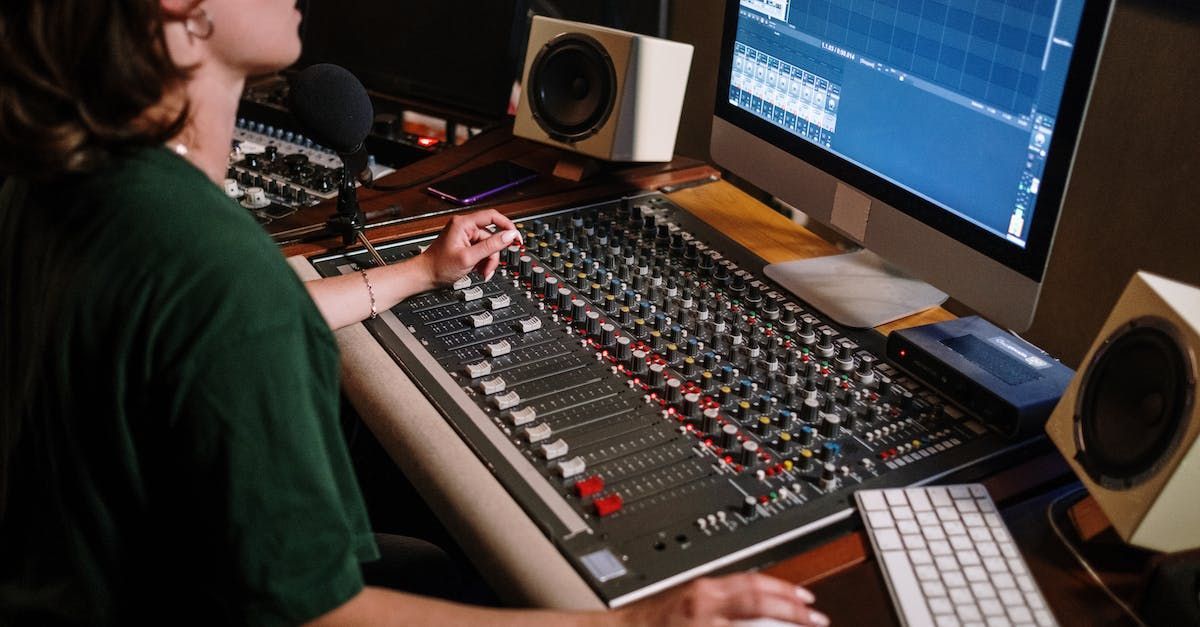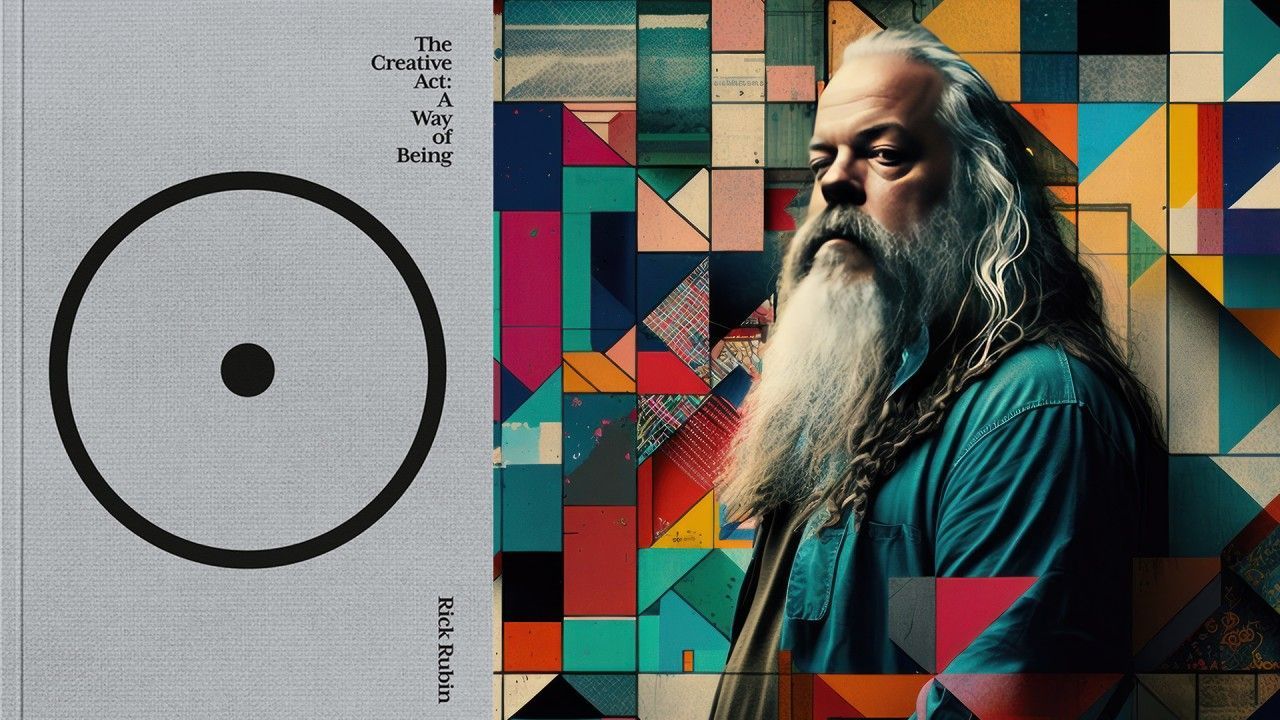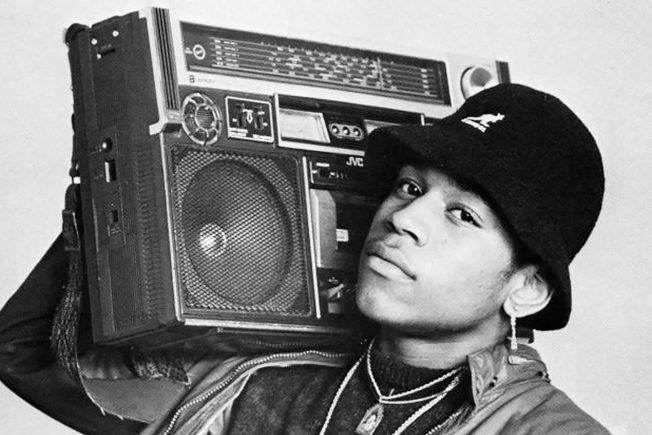Learn what digital music distribution services are and how they help independent artists and record labels sell music online.

What is Digital Music Distribution?
Digital music distribution services help independent artists and labels get their music on major online music stores and streaming sites worldwide. These digital aggregators distribute music on iTunes, Apple Music, Spotify, Beatport, Amazon, Google Play, Pandora, and other leading music platforms. Many digital distributors also offer an extensive range of artist tools, services, and resources. They provide everything needed to sell your music online and grow your fan base.
Digital Music Distribution Services
Many leading digital music distributors offer a suite of services and tools for artists. They provide everything needed to prepare, sell, and market your music. Common services offered by industry-leading digital music distribution companies include:
- Delivering music to an extensive network of online music stores and streaming platforms
- Collecting and managing various music royalties
- Sales and analytics tools
- In-depth reporting and analysis
- Music licensing for placement on TV, film, video games, commercials, and more
- Music anti-piracy services
- Free ISRC and UPC barcodes
- Mixing and mastering services
- Video creation, promotion, distribution, and monetization
- Content ID protection for YouTube videos
- Album cover art , logo, EPK , and branding design services
- Merchandise and printing services
- Marketing promo mailer and other promotional services
- Public relations services, custom marketing plans, and release advice
- Music education, industry tips , and artist development information
How Digital Music Distribution Works
Music distribution is now easier for unsigned artists. You no longer need a record label to share your music with the world.
Many of the major music platforms like iTunes, Apple Music, Spotify, Amazon, Google Play, and Beatport do not deal with independent artists. They either require demanding submission requirements or will only work with approved digital distribution aggregators. So, the easiest and most hassle-free way to sell your music across the globe without a record deal is to use a digital music distribution service.
Additionally, digital music distributors partner with hundreds of online music stores and streaming services worldwide. They also provide everything needed to get your music to these music platforms. Moreover, you keep 100% of the rights to your music and 100% of the money you earn.
Digital Music Distribution Pricing
Many digital aggregators allow you to keep 100% of sales, downloads, and streaming revenue. However, there are costs to using their services.
Digital music distribution pricing varies. Some digital distributors charge upfront fees for every album, EP, and single. Many also charge a percentage of revenue earned from sales and streaming. In other cases, aggregators will charge ongoing monthly or annual fees to keep your content online. New business models continue to appear as the music industry evolves, so do your homework before choosing one.
The Best Music Distribution Companies
Each of the music distribution companies mentioned below has a solid reputation. It’s encouraged to check out what each service offers, how they manage your music, and what they charge to distribute your music. Choose one that best meets your needs and budget.
The Takeaway
Digital music distribution services help independent artists and labels get their music heard worldwide. They distribute music to a vast network of digital music stores and streaming platforms. These digital aggregators also offer an extensive range of tools and services that help artists grow their brand, reach new fans, make money from their music, and much more.

Turn your passion for music into a Profession: Learn more about our Music School Programs!
MORE ARTICLES FROM THE ICON BLOG

FIND YOUR SOUND, HONE YOUR CRAFT:
Are you ready to turn music into a career? ICON prepares students to become music producers, composers, performers, recording artists, professional DJs, and entrepreneurs in the entertainment industry. Click below to get information about our award-winning programs:

